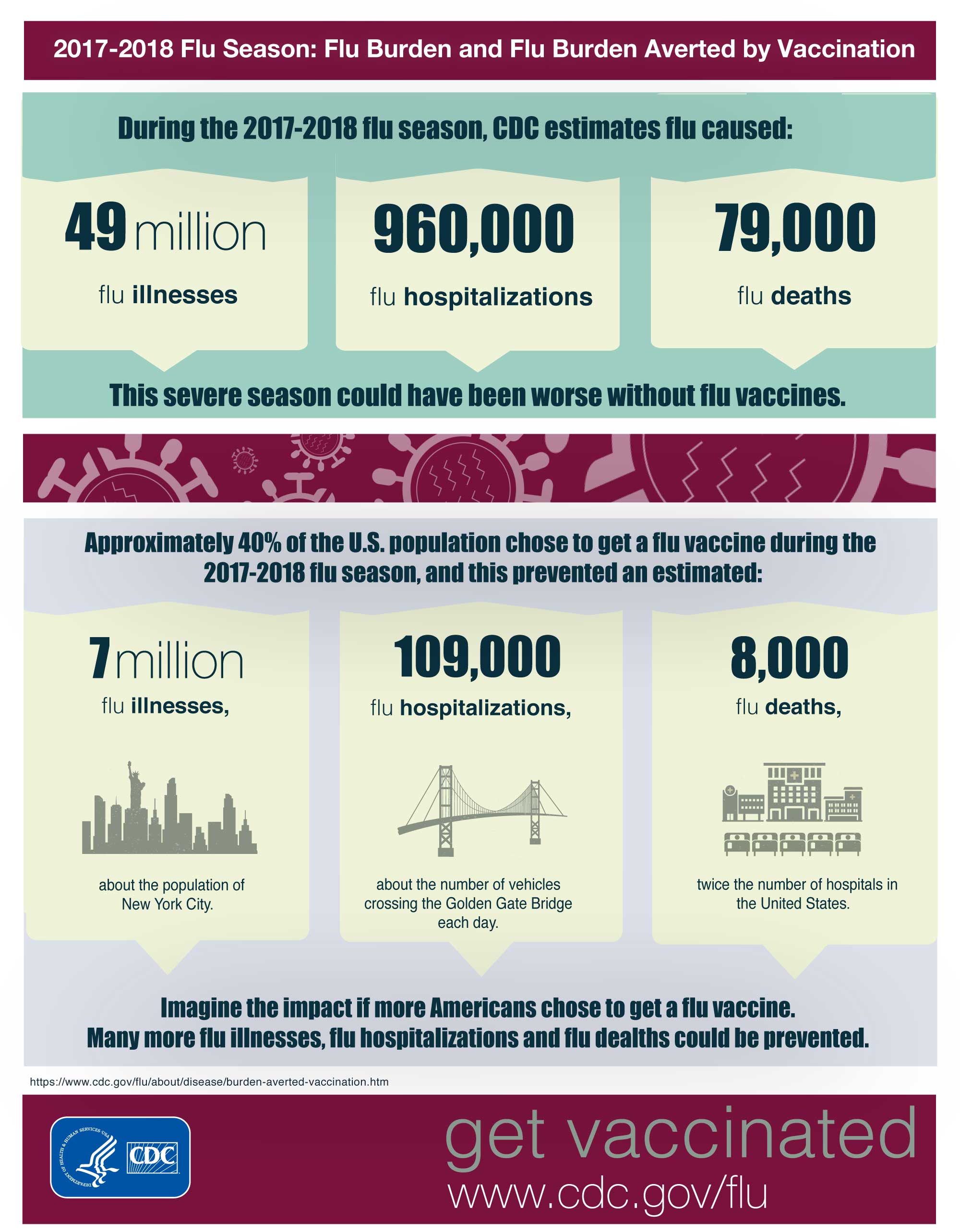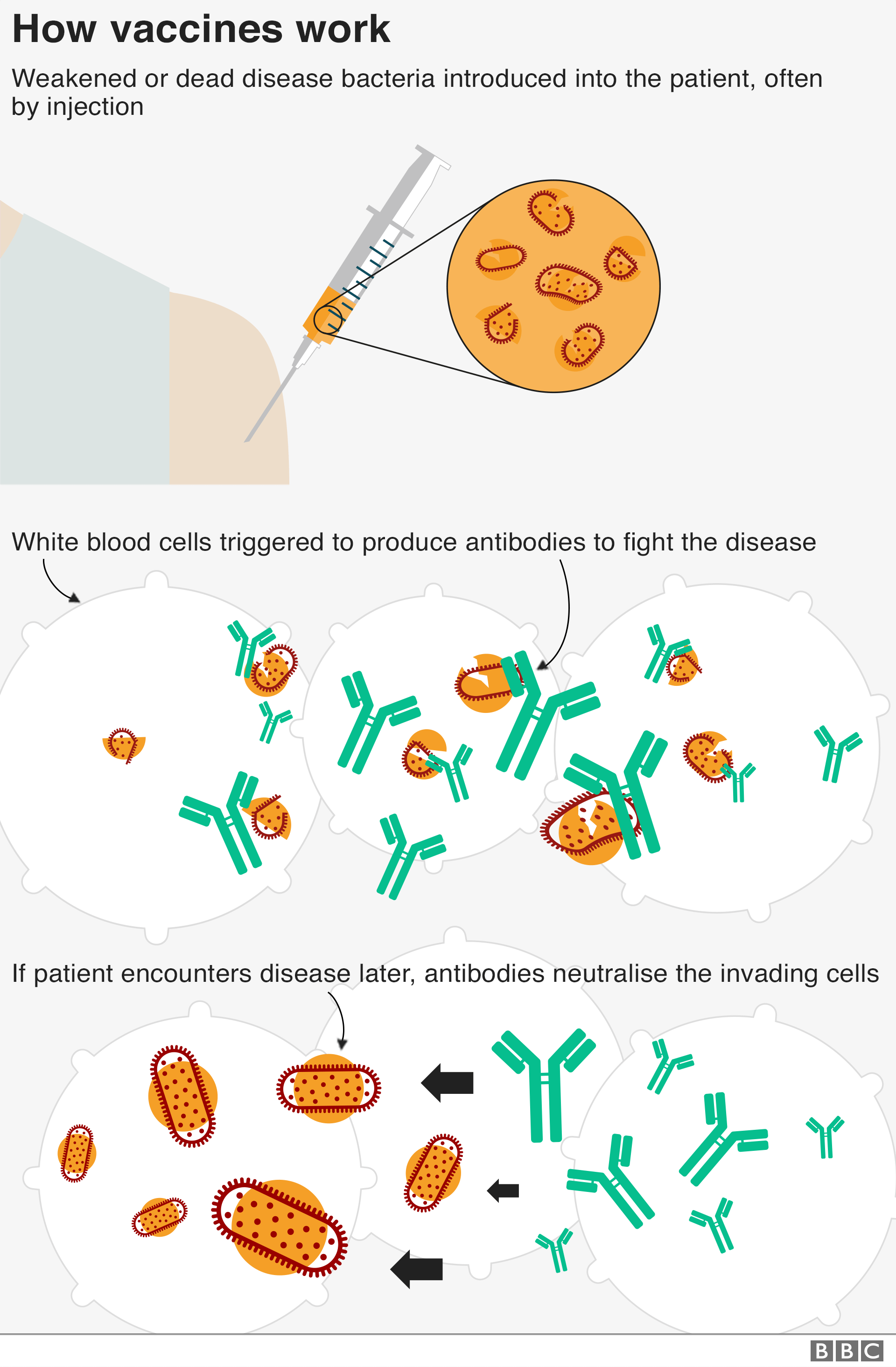

Other common questions and concerns about COVID-19 vaccines, such as long-term side effects, are answered in our free, easy-to-read guide. However, strong licencing processes and safety tests ensure that the health benefits of medicines being given through the NHS greatly outweigh any risks. Getting vaccinated may make symptoms not as bad if you do. No medicine can ever be completely risk-free or 100% effective. HOW WILL THE COVID-19 VACCINE HELP Approved vaccines make it less likely you will get COVID-19. News Infographic Infographic: Vaccinating children against COVID More than 100 countries around the world are vaccinating children against COVID-19.
#VACCINE INFOGRAPHIC SERIES#
To find a vaccination site and make an appointment. For children receiving Pfizer-BioNTech vaccine who turn 4 to 5 years old during their 3 dose vaccine series and for children receiving Moderna vaccine who. In the UK, the results of the trials are then assessed by the Medicines and Healthcare products Regulatory Agency (MHRA). For information on vaccination eligibility, visit nyc.gov/covidvaccinedistribution. Like all medicines, vaccines undergo extensive clinical trials, where they are administered and monitored in groups of volunteers. All the standard safety procedures have been followed during clinical trials on vaccines for COVID-19 and the rigorous regulatory processes have been fully completed as for any other vaccine or medicine.īefore any vaccine can be given to the population it must go through rigorous testing.

Protect Your Staff and Residents With Updated COVID-19 Vaccines.

Poster for long-term care facilities to encourage their residents to get updated COVID-19 vaccines. Protect Your Loved Ones by Getting Your Updated COVID-19 Vaccine. You can also read more about views on COVID-19 vaccines in the UK and US here.įor more information, including detailed findings by country, gender or age group, don’t hesitate to contact us.Has the speed of developing vaccines for COVID-19 compromised safety? Flyer explaining the importance of getting an updated COVID-19 vaccine. This infographic highlights some key differences between the seven countries surveyed, in terms of propensity to be vaccinated and trust in policy and in the pharmaceutical sector. Vector Vector vaccines, like the Johnson & Johnson and AstraZeneca vaccines, use another virus that has been made safe. A coronavirus vaccine being developed by the University of Oxford appears to be safe and has successfully triggered a strong immune response in trials involving 1,077 people. Protein Subunit Protein subunit vaccines, such as the Novavax vaccine, contain harmless pieces of proteins unique to the COVID-19 virus. These findings present a major challenge for governments around the world aiming to control the COVID-19 pandemic and get their economies back on track in 2021. Pfizer and Moderna vaccines work this way. Our research revealed an increasing hesitancy among the general population to commit to a COVID-19 vaccine, with only a minority saying that they will ‘definitely’ take such vaccine when it becomes available. Following the announcement on 9 November 2020 by Pfizer and its partner BioNTech that their vaccine appears to be 90% successful in preventing COVID-19, Kantar spoke with 7,000 people across Australia, France, Germany, Great Britain, Italy, Singapore and the USA to assess their views on vaccination against the coronavirus disease.


 0 kommentar(er)
0 kommentar(er)
